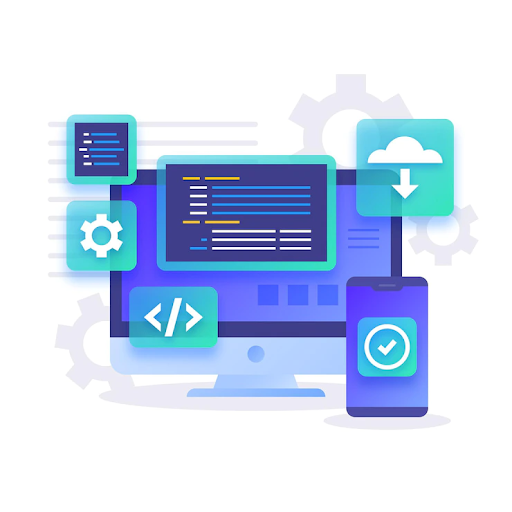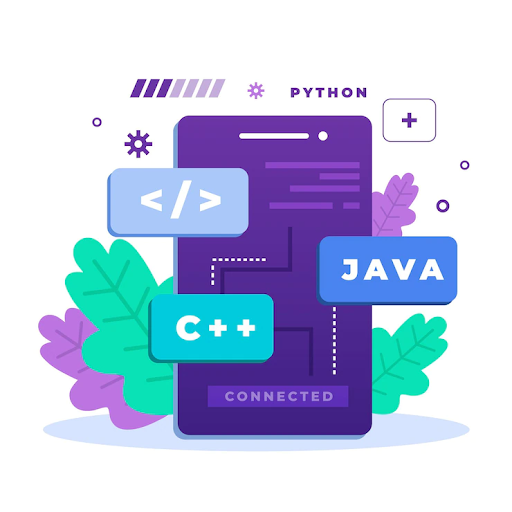To sign up for our daily email newsletter, CLICK HERE
The most popular operating systems for mobile applications are Android and iOS. As a business owner, you might wonder if there are any differences between Android and iOS app development. The two operating systems are similar, but some key differences will affect app development. Here are a few things to consider when deciding between them.
Android vs. iOS App Development
-
Target Audience
There are two main types of mobile operating systems: Android and iOS. Google develops Android, and Apple develops iOS. Each OS has its app development ecosystem, and each has its strengths and weaknesses.
Regarding app development, Android and iOS target different audiences. Android is a more open platform, and as such, it is more accessible to a broader range of developers. iOS, on the other hand, is a closed platform and is, therefore, more exclusive
Android is typically used by people looking for a more affordable option. As Android devices are generally less expensive than iOS devices, iOS is often seen as a more premium option. It is popular among people willing to pay more for a higher quality experience. To get more about the target audience and their personalization, you need a platform to get the latest news.
Techsamaritan is a platform that provides information and reviews about the newest technology products and trends. It serves as a reliable resource for tech-savvy consumers who want to stay up-to-date on the latest gadgets and gizmos.
The website offers comprehensive articles, reviews, and helpful buying guides. Whether you’re looking for the latest iPhone or Android news or want to know which laptop is right for you, Techsamaritan has the needed information.
However, Android and iOS users tend to use different types of apps and have different expectations. Android users are generally more open to trying new things, while iOS users tend to be more loyal to the apps they know and love.
In the end, Android app developers need to be aware of the broader range of devices and screen sizes on which their apps will be used. They need to be prepared to cater to more diverse users. iOS app developers must focus on creating high-quality, user-friendly apps that appeal to the more discerning iOS user base.
1. Programming Languages
Android and iOS apps can be developed using a variety of programming languages. However, each platform has its own set of development and programming languages specific to that platform.
Android is powered by Java, while Objective-C powers iOS. Java is a widely used programming language known for its ease of use and flexibility. Objective-C is a powerful language that many professional developers use.

2. Development Environments
There are two major mobile operating systems on the market today: Android and iOS. When it comes to app development, each platform has its pros and cons.
Android is powered by the open-source Android operating system, which gives developers much flexibility when creating apps. However, Android apps can be more challenging to develop since many different Android devices are on the market.
iOS, on the other hand, is powered by the closed-source iOS operating system. This gives developers less flexibility when it comes to creating apps but makes it easier to develop since there are fewer types of iOS devices on the market.
3. Testing and Debugging
There are several critical differences between testing and debugging Android and iOS apps. For Android, developers have a wide range of devices and operating system versions to test their apps, which can complicate things. Additionally, Android apps are typically tested on emulators rather than real devices.
iOS apps, on the other hand, are typically tested on device simulators. These device simulators act as real physical devices. This can be a benefit because it allows developers to get a more realistic idea of how their app will perform on a user’s device.
Regarding debugging, Android apps can be more difficult to debug because of the wide range of devices and operating system versions. Additionally, the Android emulator can be slow and unreliable, making it challenging to debug apps on Android.
According to an iPhone app developer at Simpalm, “iOS apps are typically easier to debug because there are fewer devices and operating system versions to test on. Additionally, the iOS simulator generally is faster than the Android emulator, making it easier to test and debug iOS apps.

5. App Store Distribution
There are many differences between Android and iOS app development, but one key area of difference is app store distribution. With Android, app developers can distribute their apps through any number of app stores.
This gives them more flexibility and control over where their apps are available. But it also means they have to manage multiple app stores and keep track of available apps.
With iOS, on the other hand, app developers can only distribute their apps through the official App Store. This can be seen as a disadvantage, as it limits the places where apps can be found, but it also has some advantages.
First, it means that there is only one place to keep track of. And second, it gives Apple more control over the quality of available apps, leading to a better overall experience for users.
Final Thoughts
There are a few key differences between Android and iOS app development. The most obvious is that Android apps are written in Java, while iOS apps are written in Objective-C. You’ll need to be proficient in both languages to develop an app for both platforms.
Another key difference is the way each platform handles app development. Android uses a more “open” approach, allowing developers to modify the operating system to suit their needs freely. iOS, on the other hand, is a closed system, meaning that developers must work within the existing framework and cannot make changes to the operating system.
Finally, Android and iOS apps differ in terms of their user interfaces. Android apps use a “widget” approach, where users can add and remove widgets from the home screen to customize their experience. iOS apps, on the other hand, use a more static home screen where an icon represents each app.
To develop for Android and iOS, you’ll need to be aware of each platform’s different approaches to app development. And finally, you’ll need to design your app’s user interface keeping each platform’s different home screen paradigms in mind.